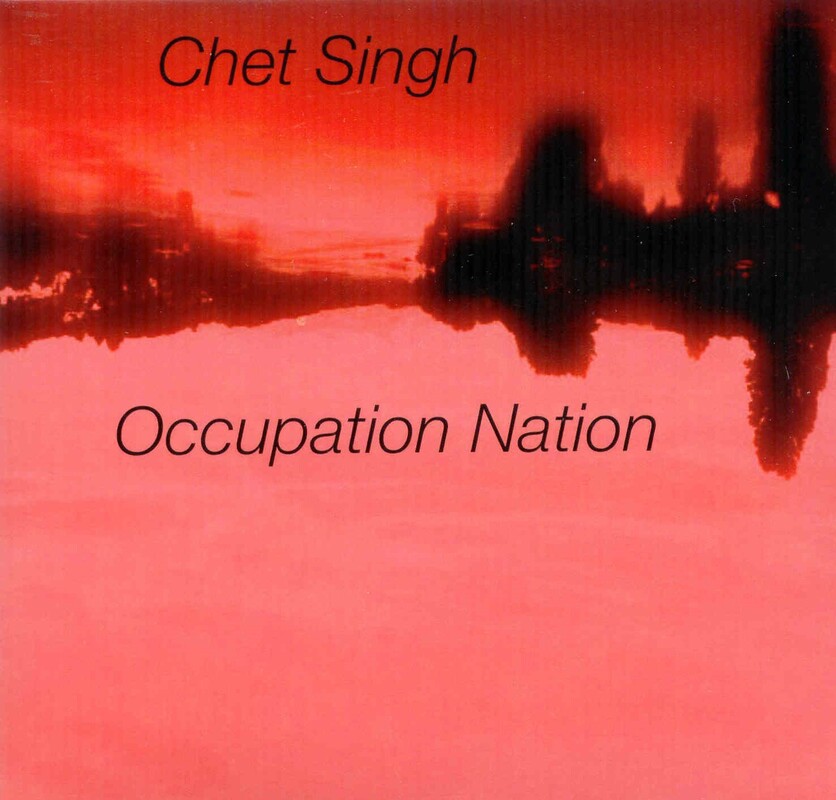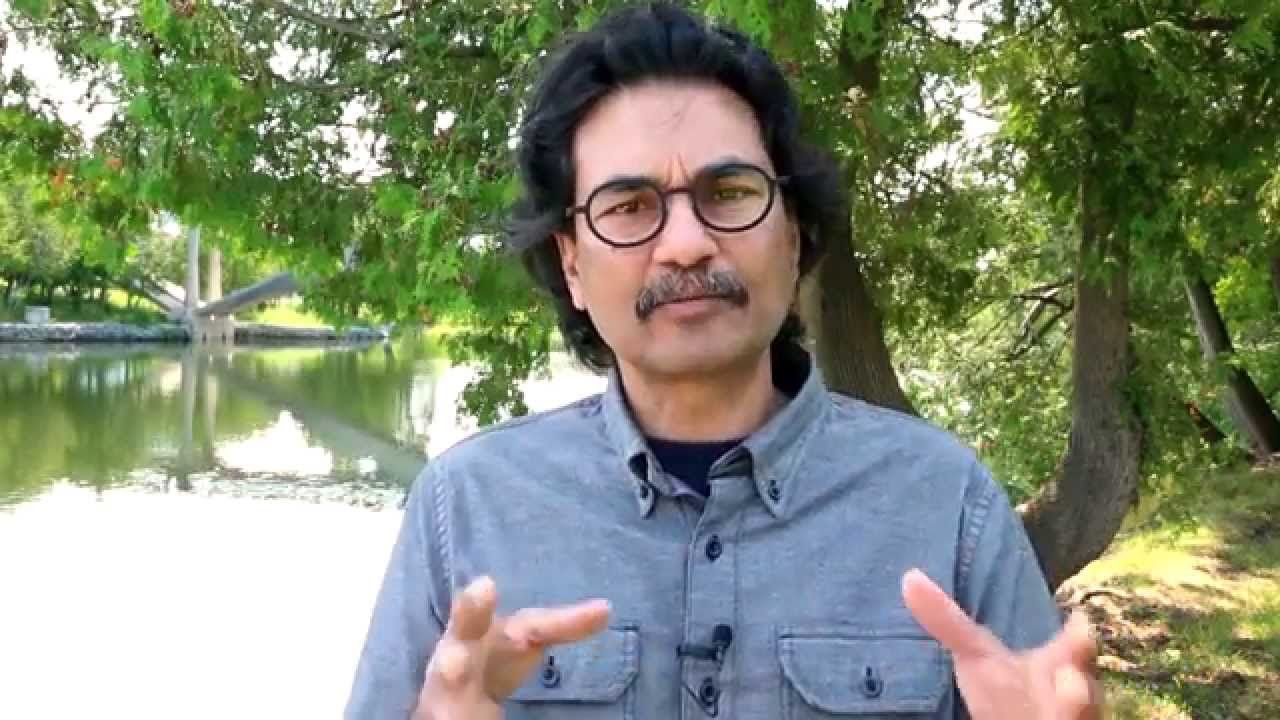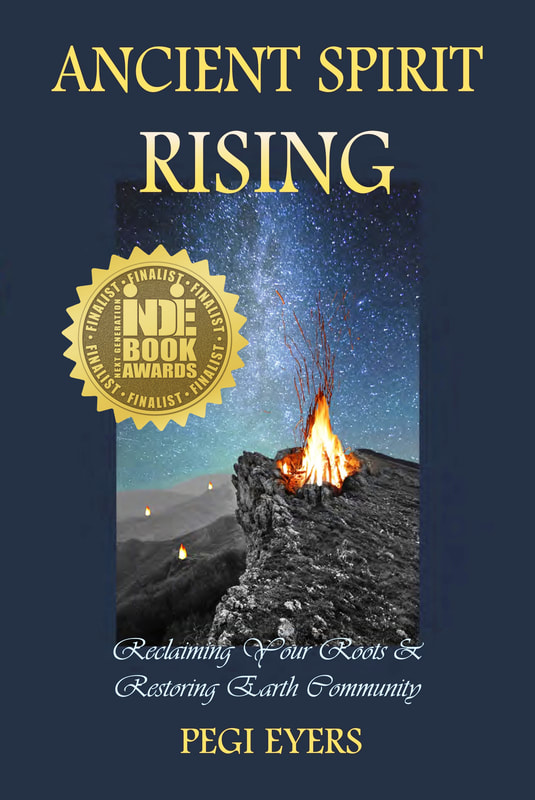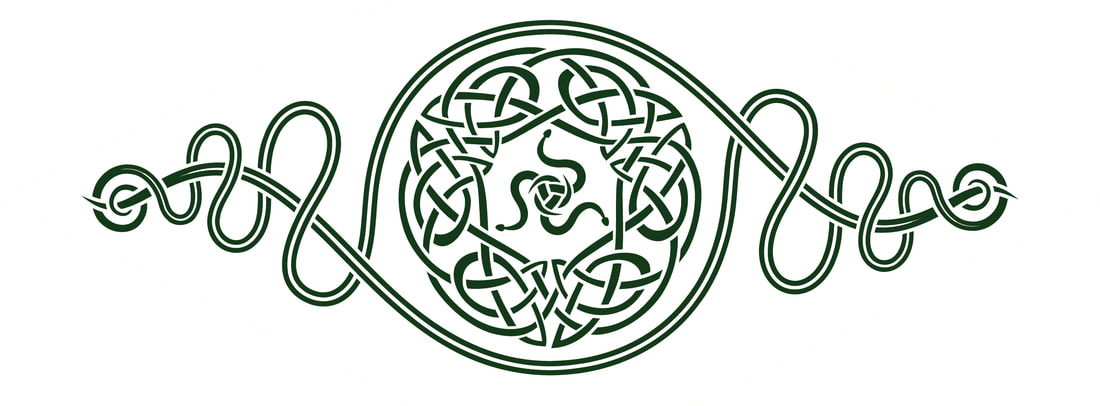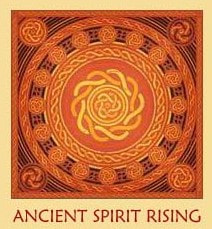REVIEW BY PEGI EYERS
It is always exciting to see new forms of literary and poetic expression morph and evolve, such as the flourishing of spoken word performance and dub poetry in Canada. A phenomenon that arose in Jamaica in the 1970s, dub poetry is a powerful artform that layers the style, rhythm, chants and drama of poetry with reggae, funk, jazz, fusion and other forms of experimental soundscape. That there are more dub poets in Toronto today than anywhere in the world (next to Jamaica!) is a marvellous comment on a city that embraces and celebrates cultural diversity. Considered “subversive” by some and “essential activism” by others, dub poetry is primarily concerned with political commentary, the critique of current events and social justice issues. One of the best artists in the genre is Chet Singh, Lakefield resident and college professor, who has released his 6th compilation entitled Occupation Nation, a brilliant weaving of much-needed decolonial reality-speak and innovative dubs.
Born in Jamaica, Singh is founding member of the renowned Dub Poets Collective, former board member of the Ontario Arts Council, member of the band One Mind, and recipient of many awards for excellence in teaching and leadership. In addition to his many achievements, he is recognized as of one of the pioneers of dub poetry and spoken word in Canada. Embracing both the creolization processes of the Caribbean and the diverse cultural landscapes of Canada, he uses the metaphorical force of music and poetry as a continuum of his human rights activism. Singh not only seeks to expose the fiction of a “post-racial society,” but also explores the normalization of dominance, racism and injustice, and shows how the silence or denial from the majority makes all of us complicit. As the title suggests, themes of occupation are the focus of Occupation Nation, with tracks on debunking settler colonial narratives ("Madawaska"), the oligarchy-generated propaganda that continues to manufacture “the other” ("Among the Bombs"), our domination of the natural world, which is also a form of occupation ("Highway 115"), and the gentle reclaiming of our authentic eco-selves ("Natural Nature"). In step with the fire lit by the recent Idle No More movement, Chet’s poetics remind us that First Nations, subordinated through imperialism and Eurocentric pedagogy, have been engaged in the monumental work of resisting the Settler State for centuries now, and the struggle continues ("Red Canoe").
A collaboration of top-notch producers and musicians add texture to the solid foundations of Chet’s poetry in Occupation Nation, and for those unfamiliar, the intellectualism and social justice agenda of dub is definitely worth exploring. As the Dub Poets Collective website states, “dub poetry is not a cultural ornament. It is a vocal instrument of social engagement.” Even though Chet Singh continues to challenge the destructive ideology of Empire by “speaking truth to power,” he remains optimistic that equity will unfold, that humanity can do better, and that “there will be no peace without justice for all of us” ("Map of Violence").
Born in Jamaica, Singh is founding member of the renowned Dub Poets Collective, former board member of the Ontario Arts Council, member of the band One Mind, and recipient of many awards for excellence in teaching and leadership. In addition to his many achievements, he is recognized as of one of the pioneers of dub poetry and spoken word in Canada. Embracing both the creolization processes of the Caribbean and the diverse cultural landscapes of Canada, he uses the metaphorical force of music and poetry as a continuum of his human rights activism. Singh not only seeks to expose the fiction of a “post-racial society,” but also explores the normalization of dominance, racism and injustice, and shows how the silence or denial from the majority makes all of us complicit. As the title suggests, themes of occupation are the focus of Occupation Nation, with tracks on debunking settler colonial narratives ("Madawaska"), the oligarchy-generated propaganda that continues to manufacture “the other” ("Among the Bombs"), our domination of the natural world, which is also a form of occupation ("Highway 115"), and the gentle reclaiming of our authentic eco-selves ("Natural Nature"). In step with the fire lit by the recent Idle No More movement, Chet’s poetics remind us that First Nations, subordinated through imperialism and Eurocentric pedagogy, have been engaged in the monumental work of resisting the Settler State for centuries now, and the struggle continues ("Red Canoe").
A collaboration of top-notch producers and musicians add texture to the solid foundations of Chet’s poetry in Occupation Nation, and for those unfamiliar, the intellectualism and social justice agenda of dub is definitely worth exploring. As the Dub Poets Collective website states, “dub poetry is not a cultural ornament. It is a vocal instrument of social engagement.” Even though Chet Singh continues to challenge the destructive ideology of Empire by “speaking truth to power,” he remains optimistic that equity will unfold, that humanity can do better, and that “there will be no peace without justice for all of us” ("Map of Violence").
Watch the YouTube video for Occupation Nation >HERE<
Chet Singh and Occupation Nation on Tumbler >HERE<
Chet Singh and Occupation Nation on MySpace >HERE<
Chet Singh and Occupation Nation on Tumbler >HERE<
Chet Singh and Occupation Nation on MySpace >HERE<
| Pegi Eyers is the author of Ancient Spirit Rising: Reclaiming Your Roots & Restoring Earth Community, an award-winning book that explores strategies for intercultural competency, healing our relationships with Turtle Island First Nations, uncolonization, recovering an ecocentric worldview, rewilding, creating a sustainable future and reclaiming peaceful co-existence in Earth Community. Available from Stone Circle Press or Amazon. |
